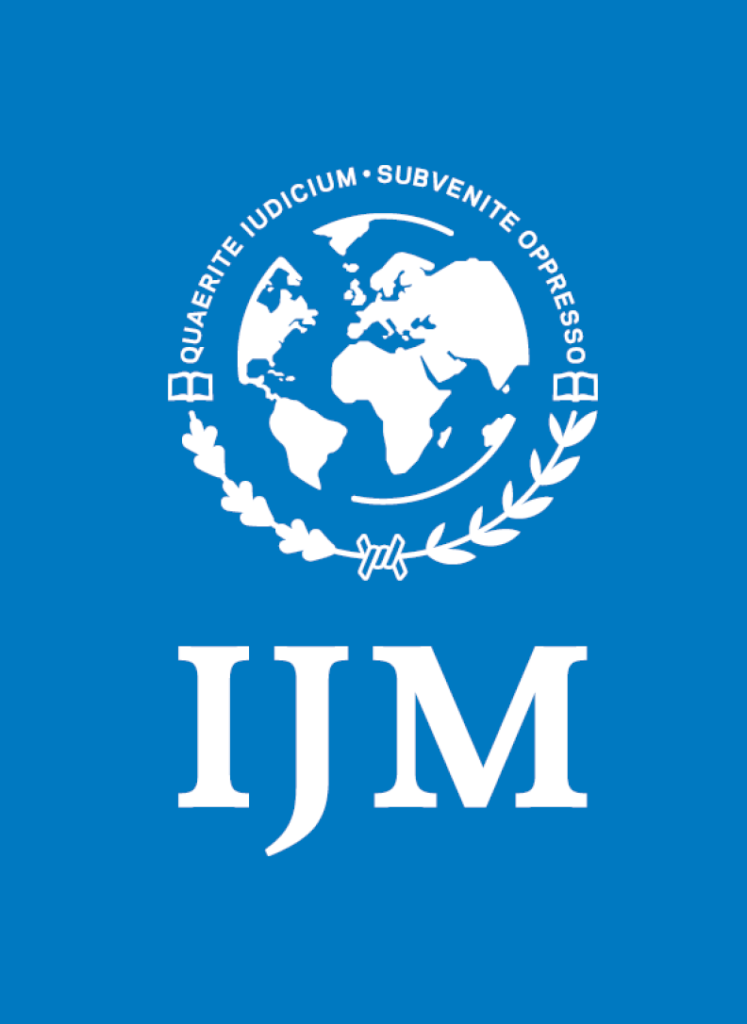
A group of approximately 20 college students from across the country lobbied legislators on Capitol Hill in Washington D.C. Nov. 1 as a part of a special program called “Lobby for the First Amendment.”
Misty Severi, senior journalism and new media and history double major at California Baptist University, and Nathanael Hovda, sophomore chemical engineering major, participated in the event.
This program was offered at the National College Media Convention Oct. 31-—Nov. 3, organized by the Associated Collegiate Press and College Media Association. “Lobby for the First Amendment” aimed to teach journalism students how to lobby and provide them with hands-on experience.
“I believe in education by doing,” said Michael Koretzky, Society of Professional Journalists board member and creator of the “Lobby for the First Amendment” program. “If you want to know how our political system really works, you can read a book or watch a documentary — or you can get your own hands dirty.”
The students lobbied for First Amendment rights concerning the freedom of the press. Each student chose a topic associated with a particular act based on guidelines provided by the program.
To prepare for the program, Severi and Hovda took part in video calls with professional lobbyists before the convention to learn the initial steps in lobbying.
Following these sessions, they contacted the offices of their local legislators to schedule meetings with their offices during the conference.
Severi decided to sign up for this program because of her belief in the importance of First Amendment rights and her goal to become a political reporter. She lobbied for shield laws, which protect journalists from being forced to reveal confidential sources. She said meeting professional lobbyists through this experience helped her learn new skills about lobbying in a new environment.
“I am interested in learning as much as possible, and this is something that would help me stand out,” Severi said. “(Journalism) is a competitive field, so I am always thinking about how I can stand out. When I saw (this program), I thought that this is something that not everyone is going to be doing.”
Hovda said he wanted to participate in the program because of his interest in politics and to maintain First Amendment rights.
“I just love the idea of the press reporting independently,” Hovda said. “Having that ability that was outlined in the Bill of Rights is critical in what it means to be American and what it means to have freedom in this country altogether.”
Koretzky said he hopes that the students who participated will not only learn new skills through lobbying, but also feel they can have an impact by becoming actively involved in politics.

College students across the country participated Oct. 21–22 in the International Justice Mission’s Advocacy Summit in Washington D.C. Each year, students at the summit learn about U.S. legislation and advocate for the rights of people in a particular region of the world.
More than 300 people lobbied for the rights of Central American women and children at the summit, including CBU students Amanda Kurowski, Robert Jordan, Elizabeth Iserman, Meghan Lacey and Collin Magness, who are all members of CBU’s chapter of IJM. During the conference, the students lobbied Sen. Dianne Feinstein (D-Calif.) and Rep. Mark Takano (D-Calif.)
At this year’s summit, students learned about advocacy and lobbied for the Central American Women and Children Protection Act. This bill, if passed, will allocate U.S. foreign financial aid to helping organizations that aim to reduce violence in Central American countries, including Honduras, Guatemala and El Salvador.
“This bill was created because in the last few years foreign aid to Central America has been cut and because of this the government has become less safe and the violence toward women and children has increased dramatically,” said Kurowski, junior intercultural studies major.
Kurowski said she has been involved in IJM for three years and advocates regularly for human rights, allowing her to learn more about issues in Central America, connect with other advocates and witness how passionate advocacy can affect government.
“The No. 1 thing (I learned) was that I can be specifically involved in fighting human trafficking right now,” Kurowski said. “I do not have to wait until I am out of school or older. There are always ways that I can personally be fighting for people’s freedom.”
Collin Magness, senior anthropology and international business double major, said, “Working with trafficking victims in the past to now advocating with the IJM has given me the opportunity to move forward with my advocacy abilities.”
Elizabeth Iserman, senior public health major, said she enjoyed learning more about the process of government and hopes to advocate for human rights in the future.
“(Having) more than 280 people show up from around the nation really did have a positive effect on the government,” Iserman said. “I really hope that they see that.”
Kurowski said the bill passed unanimously in the House of Representatives and feels the IJM event helped raise awareness for the issue.
“The United States is one of the largest, most successful governments, in the world and it has the power to help minority groups all over the world,” Kurowski said. “Lobbying is one of the rights I have, and I plan to use that right to fight for others who do not have them as much as possible because it does make a difference and people hear us.”


